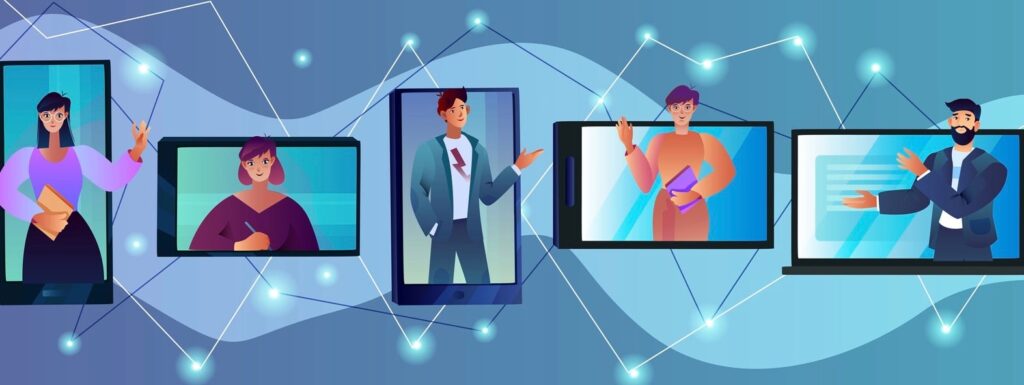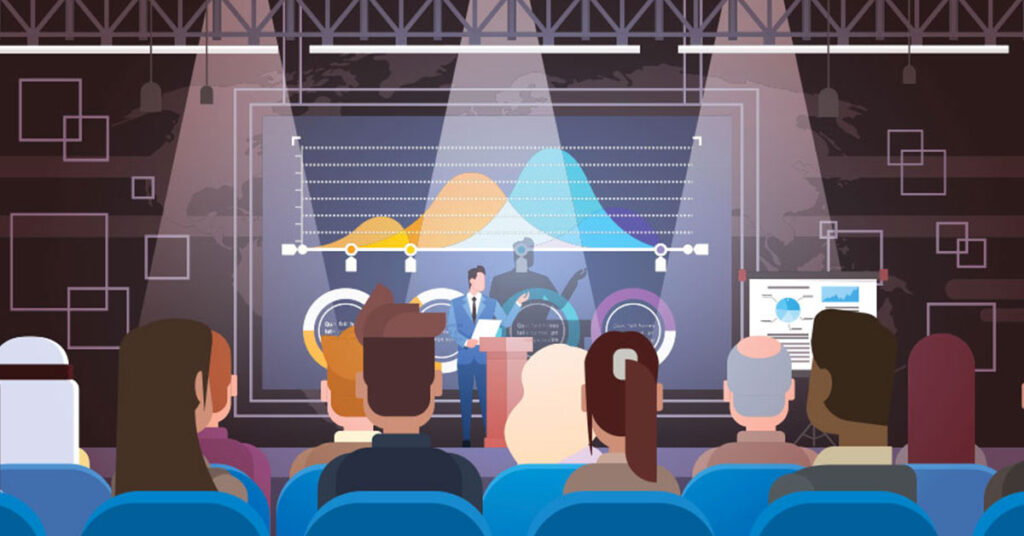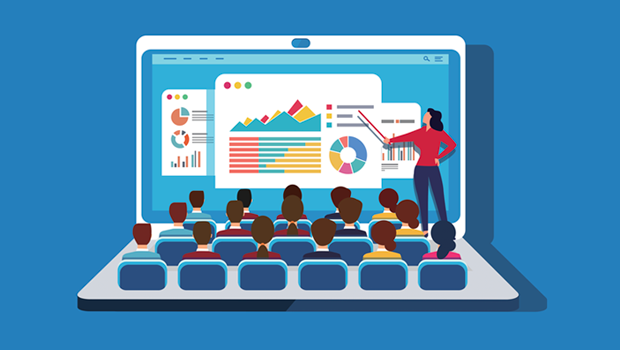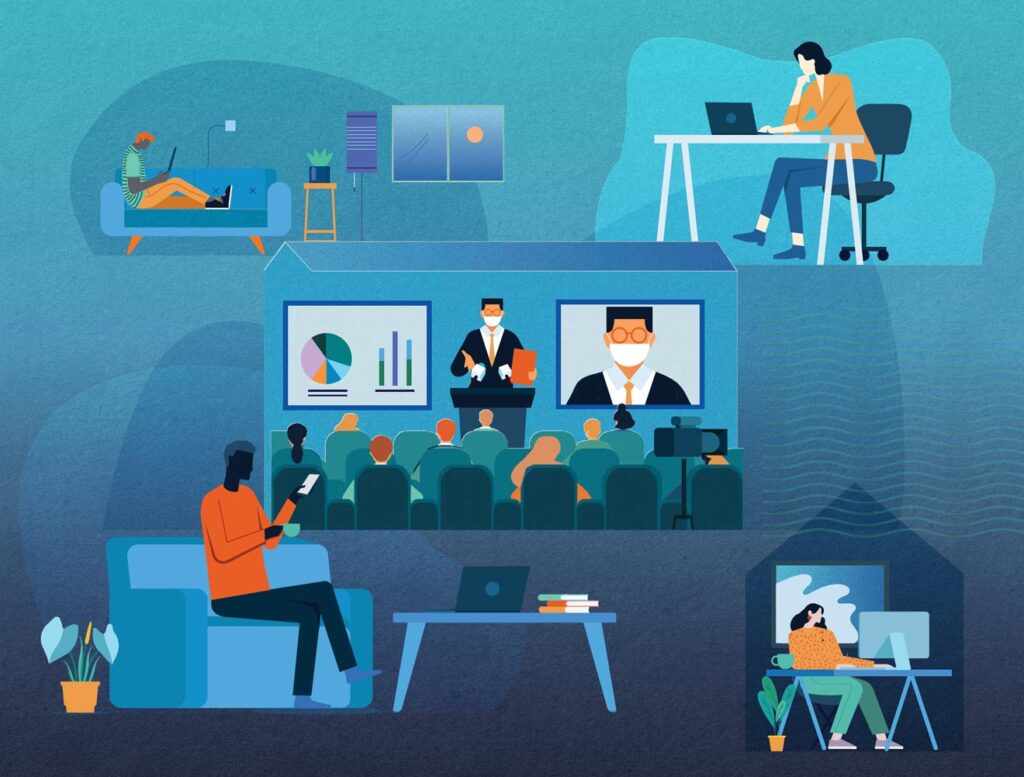The success of any event or conference depends largely on effective promotion and communication. Integrated media strategies can play a crucial role in driving attendance, engagement, and overall event success. In this article, we will discuss how to use integrated media to promote events and conferences, covering key tactics and best practices.

Creating a Compelling Event Narrative
An essential aspect of promoting events and conferences is crafting a compelling narrative that captures the attention of your target audience. Develop a clear and engaging story around your event, focusing on the key benefits and unique selling points. This narrative should be consistently communicated across all marketing channels, from social media to email marketing, to create a cohesive message that resonates with your audience.
Leveraging Social Media for Event Promotion

Social media is a powerful tool for promoting events and conferences, offering businesses the opportunity to reach and engage with their target audience in real-time. Utilize various social media platforms to share event updates, behind-the-scenes content, and promotional materials. Additionally, consider implementing targeted social media advertising campaigns to reach specific segments of your audience and drive event registration.
Maximizing Email Marketing Campaigns

Email marketing remains an effective channel for promoting events and conferences. Create a series of targeted email campaigns that provide your audience with valuable information about your event, such as speaker announcements, agenda updates, and registration deadlines. Personalize your email communications to ensure your message resonates with your audience and encourages them to register for your event.
Harnessing the Power of Content Marketing

Content marketing can play a significant role in driving awareness and interest in your event or conference. Develop a range of high-quality content that showcases the value and expertise your event offers, such as blog posts, whitepapers, and infographics. Distribute this content across various channels, including your website, social media, and email marketing campaigns, to engage your audience and encourage them to attend your event.
Utilizing Influencer and Partner Collaborations
Collaborating with industry influencers and partners can help amplify your event promotion efforts and expand your reach. Identify key influencers and partners within your industry who can help promote your event to their audience. Provide them with promotional materials and incentives, such as exclusive discounts or affiliate programs, to encourage them to share your event with their followers.
Optimizing Event Websites and Landing Pages

An event website or landing page is often the first touchpoint for potential attendees, making it crucial to create a user-friendly, informative, and engaging online experience. Optimize your event website or landing page with clear calls-to-action, engaging visuals, and comprehensive event information. Ensure that your website is mobile-responsive and easy to navigate to provide a seamless user experience and encourage event registration.
Measuring and Analyzing Campaign Performance
To maximize the effectiveness of your integrated media campaigns, it’s essential to measure and analyze the performance of your promotional efforts. Track key performance indicators (KPIs), such as website traffic, social media engagement, and email open rates, to assess the campaigns and identify areas for improvement. Use data-driven insights to refine your marketing strategies and optimize your promotional efforts for maximum impact.
Incorporating Virtual and Hybrid Event Elements

As the event industry adapts to the evolving landscape, virtual and hybrid events have become increasingly popular. Integrating virtual or hybrid elements into your event can help you reach a wider audience, improve accessibility, and provide additional content for your promotional efforts. Utilize digital platforms to host virtual sessions, live streams, and networking opportunities, and promote these elements alongside your in-person event to maximize attendance and engagement.
In conclusion, successfully promoting events and conferences using integrated media strategies involves:
• Creating a Compelling Event Narrative
• Leveraging Social Media for Event Promotion
• Maximizing Email Marketing Campaigns
• Harnessing the Power of Content Marketing
• Utilizing Influencer and Partner Collaborations
• Optimizing Event Websites and Landing Pages
• Measuring and Analyzing Campaign Performance
• Incorporating Virtual and Hybrid Event Elements
By implementing these tactics and best practices, you can effectively promote your event or conference, drive attendance, and create a memorable experience for your audience.
Ready to elevate your event promotion efforts with integrated media strategies? Contact us today to learn how our expertise in event marketing and integrated media campaigns can help your event or conference achieve its goals. Let’s work together to create a powerful, impactful promotional strategy that drives attendance, engagement, and overall event success.
Leave a Reply